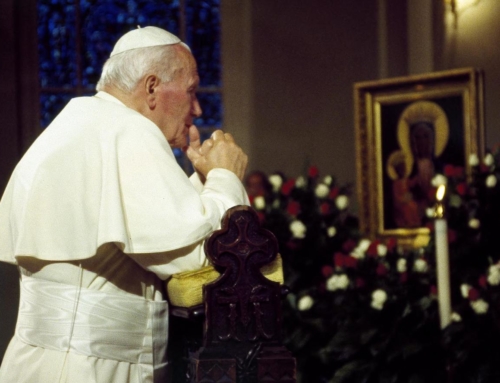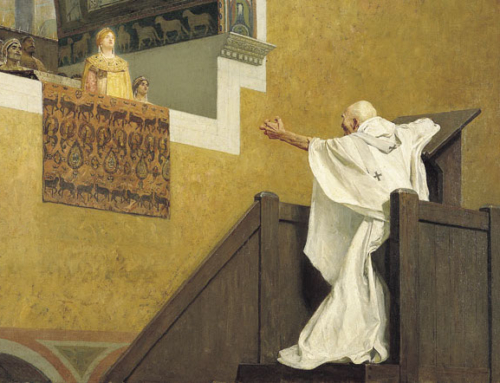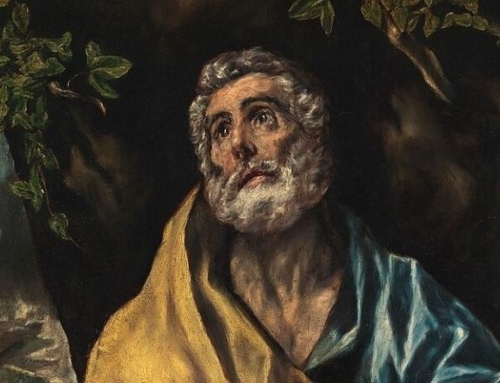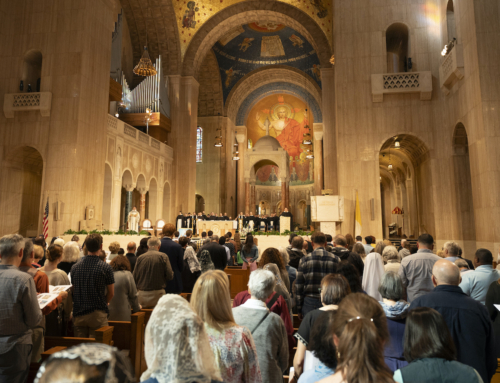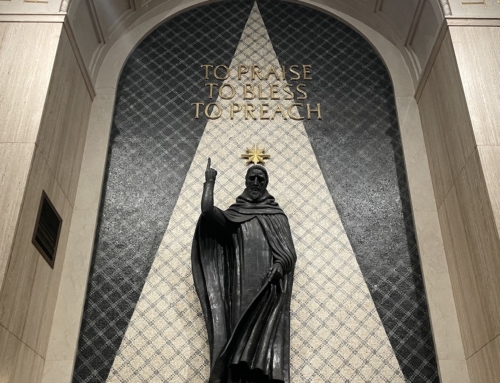Those who do not believe the Christian faith fit into two categories: those who have heard the faith and rejected it and those who have never heard the faith. The former group was offered the gift of faith but did not accept the gift, whereas the latter group was never offered the gift of faith in the first place. The situation of the former group is tragic, but it is the situation of the latter which is, in a sense, even more troubling.
Faith is, at its core, “An entirely free gift that God makes to man” (CCC 162). Why then, we might ask, are there some people who have never had a chance to receive this gift? God is all-powerful, so he could perfectly ensure that everyone has a chance to hear the Gospel, but there are people even today who have never heard of Jesus. There are also many who have heard the word “Jesus,” but never received the Gospel in its full authenticity. Why does God allow this to happen? It seems that God is being unfair: these people don’t even get a chance to have faith. If God is good, why doesn’t he simply give the gift of faith to everyone?
Before tackling this question, we need to tweak our outlook a bit. Since faith is a free gift, God strictly-speaking doesn’t have to give faith to anyone. Since no human is entitled to receive the faith, God could not be at fault if he didn’t give it. It is by a free choice of God, motivated by his love, that he gives us faith even though we are undeserving sinners. With this consideration in mind, we should first of all be thankful that God has given faith to anyone at all. We need to come at this question from a position of thanksgiving and humble supplication rather than entitlement.
Although God strictly-speaking doesn’t need to give people the gift of faith, he has revealed to us that he “desires all men to be saved and to come to the knowledge of the truth” (1 Tim 2:4). In short, God has told us that he wants everyone to have the gift of faith. Because of this desire, Jesus sent the Apostles to “go into all the world and preach the gospel to every creature,” that all peoples might come to receive the faith (Mk 16:15-16). This desire is behind Christ’s institution of the Church, through which men receive the gift of faith.
But even after 2,000 years some have still not heard the Gospel in its fullness. Why doesn’t God just give these people some sort of vision or direct revelation so they can have faith too? God could do this, but he often doesn’t, and what we have just said sheds light onto why: God likes to work through mediators. He wants humans to play a real part in his plan of salvation, so he entrusts them with the work of proclaiming the Gospel. He wants the people he has already given faith to share what they have received with others, cooperating in God’s loving act of redemption.
In the meantime, God does not abandon all those members of mankind who have not yet heard the authentic preaching of the Gospel. No, God is even now working for their salvation too, preparing them through his grace to receive the gift of faith when it is offered to them. For these people, following right reason as best they can, even if their time comes to pass from this world before they hear the proclamation of the Gospel, God is able to save them. Yet, God greatly desires that all come to the fullness of faith found in the Church on this earth, which is his chosen means to pour forth the gift of faith upon all mankind. He wants all to have the joy of participation in the full life of the pilgrim Church, meditating on Christ’s words and aided by his sacraments. May this desire of God be our desire too, and by his grace, may it be speedily accomplished.
✠
Image: Nicolas Poussin, Seven Sacraments: Ordination II


